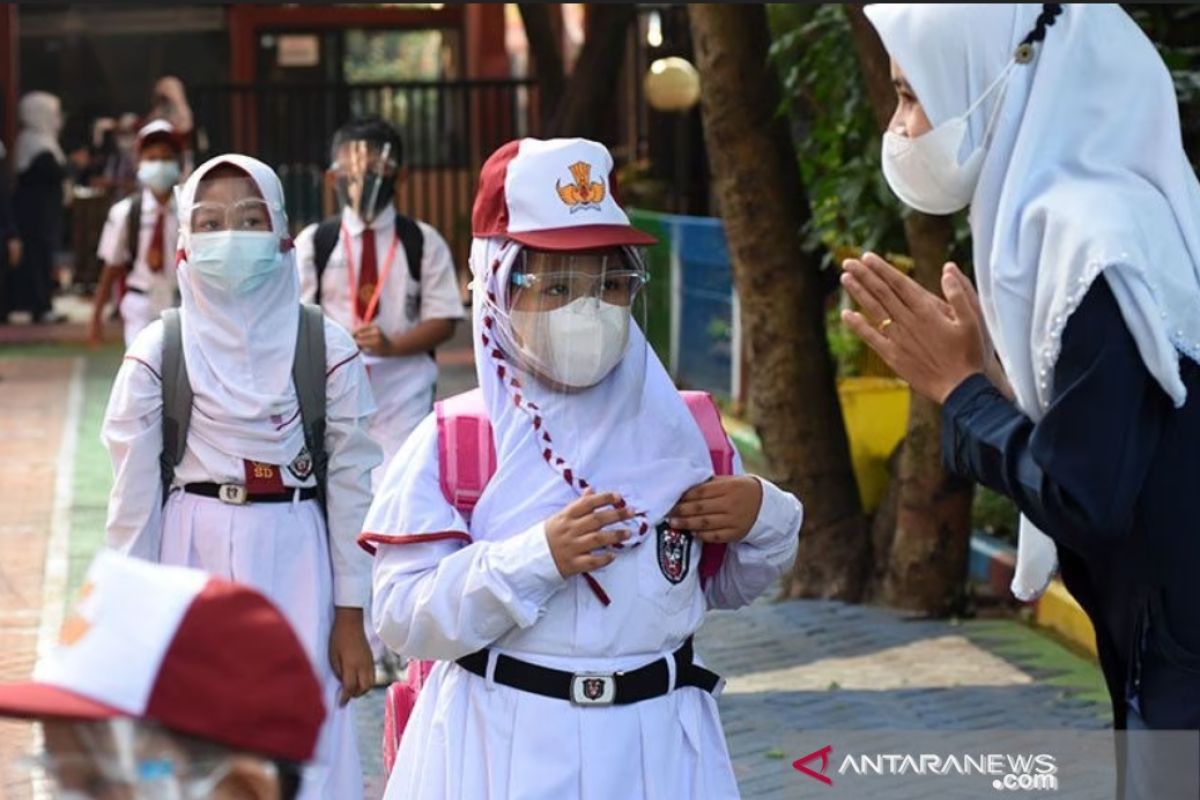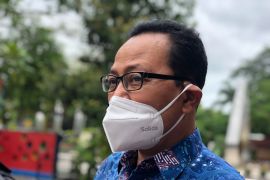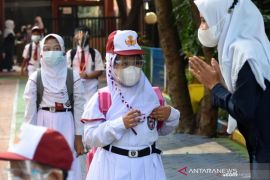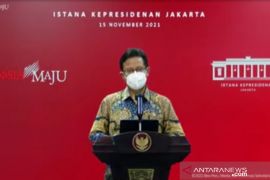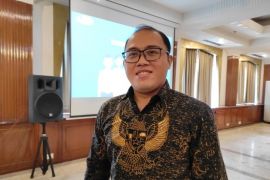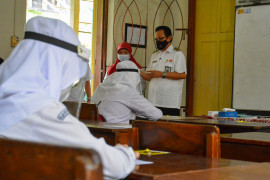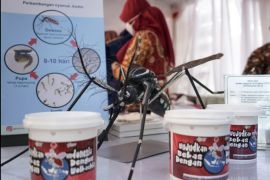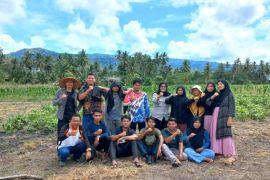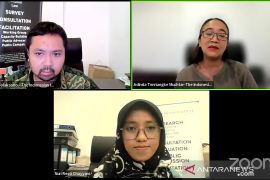"The national education system needs to be designed to be more resilient to potential disasters, and this pandemic shows the urgency to prepare for this. As long as the pandemic persists, we think it will be difficult for the government to create ideal conditions for 100 percent face-to-face learning," she noted in a written statement received here on Thursday.
Fairuza remarked that on January 5, 2022, the government had imposed 100 percent face-to-face learning amid the high risk of the spread of COVID-19.
She urged the government to review the implementation of policies in Jakarta, especially in the wake of the spread of the Omicron variant and the varying vaccination achievements across regions.
"Face-to-face learning for a maximum of six hours is still quite risky to conduct, given the spread of the Omicron variant in Jakarta. This is especially since vaccinations for teachers and students had not been completed," she pointed out.
Fairuza assessed that the combination of face-to-face learning methods and distance learning or hybrid learning could make the Indonesian education system more resilient and reduce the impact of the epidemic.
She suggested reducing the face-to-face learning quota to be the same as the previous new school year, which was between 50 and 70 percent, while health protocols must continue to be implemented stringently. Parents and students should be able to choose to participate in online learning to ensure health security.
Related news: Jakarta postpones classroom learning policy for 1,509 schools
"That is because vaccination for teachers and teaching staff as well as students has not been conducted thoroughly and completely, especially in the midst of an increasing trend of cases after a long holiday at the end of the year," she stressed.
Fairuza recommended that after the holidays, there should be a period of time before face-to-face learning is conducted in full.
"The Ministry of Education and Culture as well as the education authorities are also obliged to ensure that schools conducting face-to-face learning, either 100 percent or in a limited way, have complete and good facilities and sanitation, while the teachers and staff are fully vaccinated," she affirmed.
Fairuza emphasized that schools should fulfill several requirements in the Joint Decree of four ministers to provide sanitation and hygiene facilities, complete health service facilities, be ready to apply the mandatory mask rule, provide thermogun temperature gauges, and map residents in educational units into several groups.
Fairuza pressed for massive supervision of the implementation of health protocols, especially related to several provisions set by the government. Inspections should also be conducted in each school cluster.
"The government must prioritize vaccination for teachers and education personnel. It also still needs to see how schools can implement health protocols properly and correctly. Students partaking in face-to-face learning are advised to get vaccinated to support preventive efforts," the researcher stated.
Related news: IDI averse to South Sulawesi's classroom learning plan amid pandemic
Translator: Katriana
Editor: Rahmad Nasution
Copyright © ANTARA 2022
